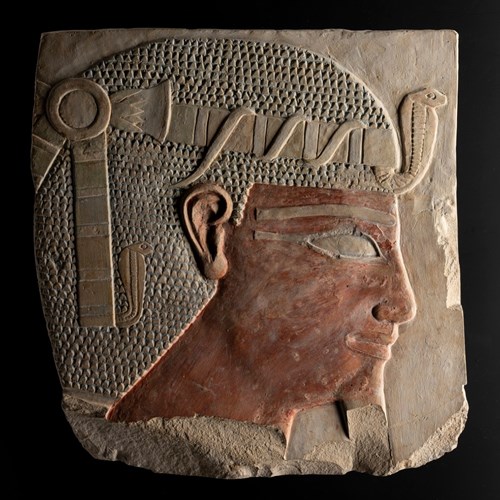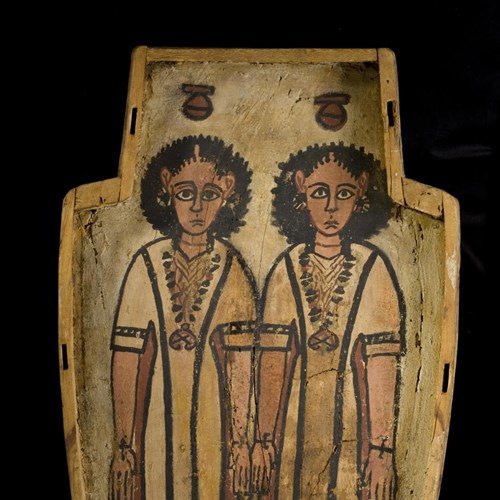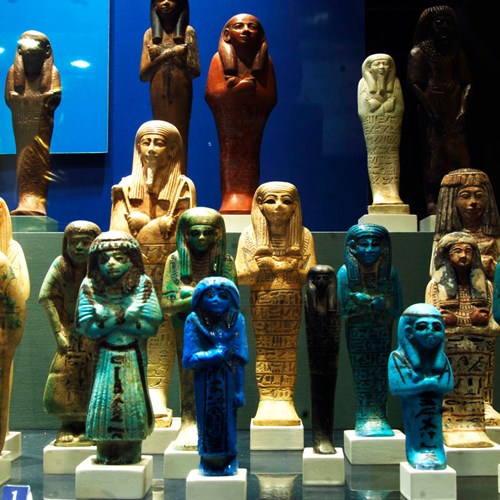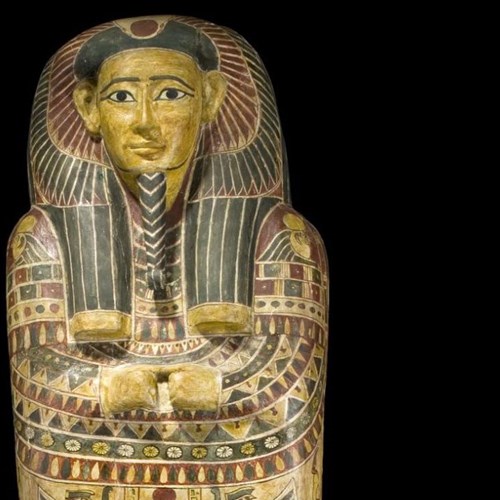Buying Power: British Archaeology and the Antiquities Market in Egypt and Sudan 1880–1939
6 Feb 2024
19:30 - 20:30
Online
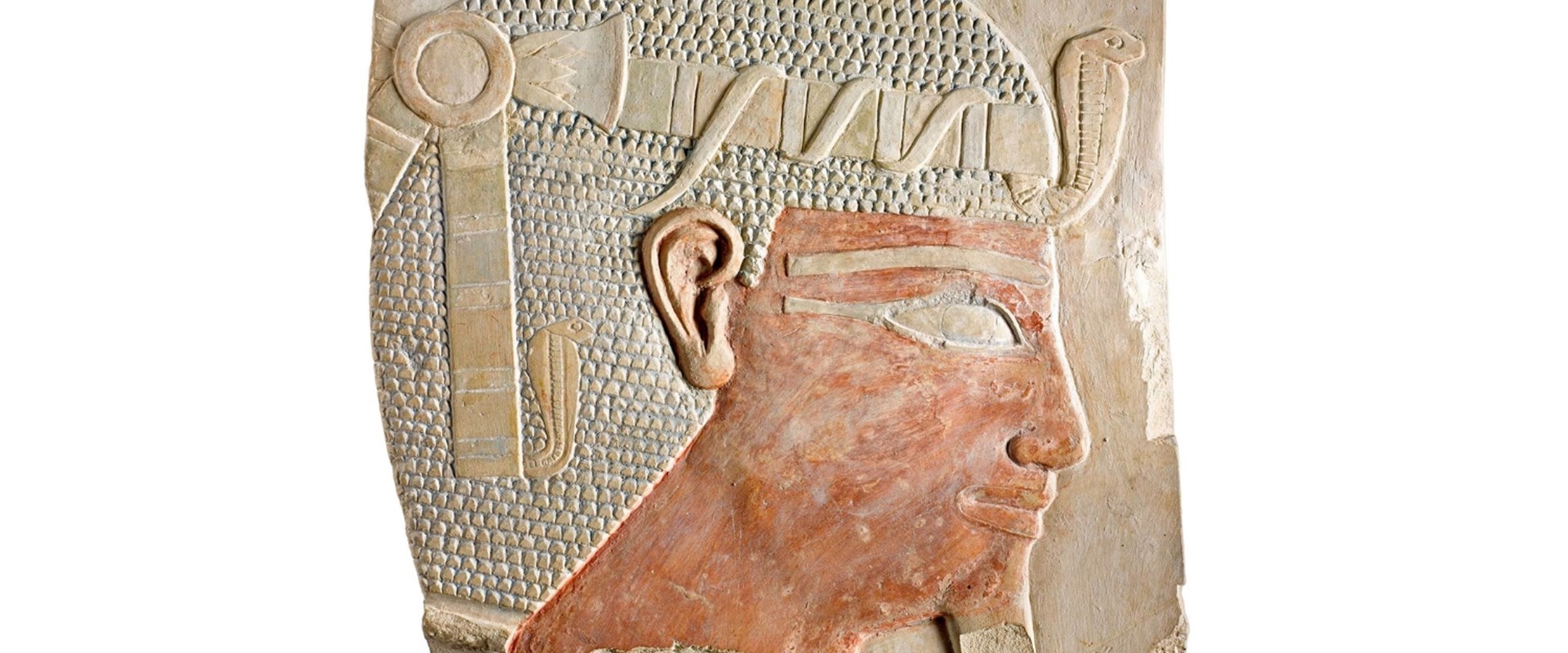
© Painted limestone relief depicting the head of King Nebhepetre Montuhotep II wearing a short curled wig and the “boatman’s circlet” diadem: Ancient Egyptian, Upper Egypt, Deir el-Bahari, Middle Kingdom, 11th Dynasty, c.2055-2004 BC
© Painted limestone relief depicting the head of King Nebhepetre Montuhotep II wearing a short curled wig and the “boatman’s circlet” diadem: Ancient Egyptian, Upper Egypt, Deir el-Bahari, Middle Kingdom, 11th Dynasty, c.2055-2004 BC
Where did the ancient Egyptian collections in National Museums Scotland and other UK museums come from? Join Dr Dan Potter and broadcaster Samira Ahmed to discover these untold stories.
In the late 19th and early 20th centuries museums and individuals competed to collect the ‘best’ ancient Egyptian objects. This antiquities rush was supplied by innumerable excavations and a booming antiquities market, meaning object provenance was often lost. There are many stories still to be told about these objects and collections.
The role of archaeologists in the antiquities market in Egypt and Sudan has often been underplayed or ignored. However, Dr Potter’s research shows that many archaeologists were also involved in the market, as both buyers and sellers.
This discussion considered National Museums Scotland’s cutting-edge research exploring the entanglement of British colonial archaeology and the antiquities market and how this has impacted museum collections and displays across the world today.
Dr Dan Potter shared insights into the buying and selling practices of four archaeologists: Edwin Ward, Charles Trick Currelly, John Garstang and William Matthew Flinders Petrie. Dan also discussed how the transactions made by these men were perceived financially and ethically, and what that might mean for Egyptology today.
This event included a live Q&A chaired by broadcaster and presenter of Radio 4’s Front Row, Samira Ahmed.
This event was funded by the Arts and Humanities Research Council in partnership with The Egypt Exploration Society, The World Museum, Liverpool and The Petrie Museum of Egyptian Archaeology, University College London, London
National Museums Scotland is committed to presenting the colonial and imperial histories of its collections in line with rigorous and up-to-date research.
Objects related to the archaeologists discussed can be seen in the Ancient Egypt Rediscovered gallery on level 5 of the National Museum of Scotland, and in the Grand Gallery.
This event includes automatic captioning.
This event is sponsored by the Arts and Humanities Research Council.


